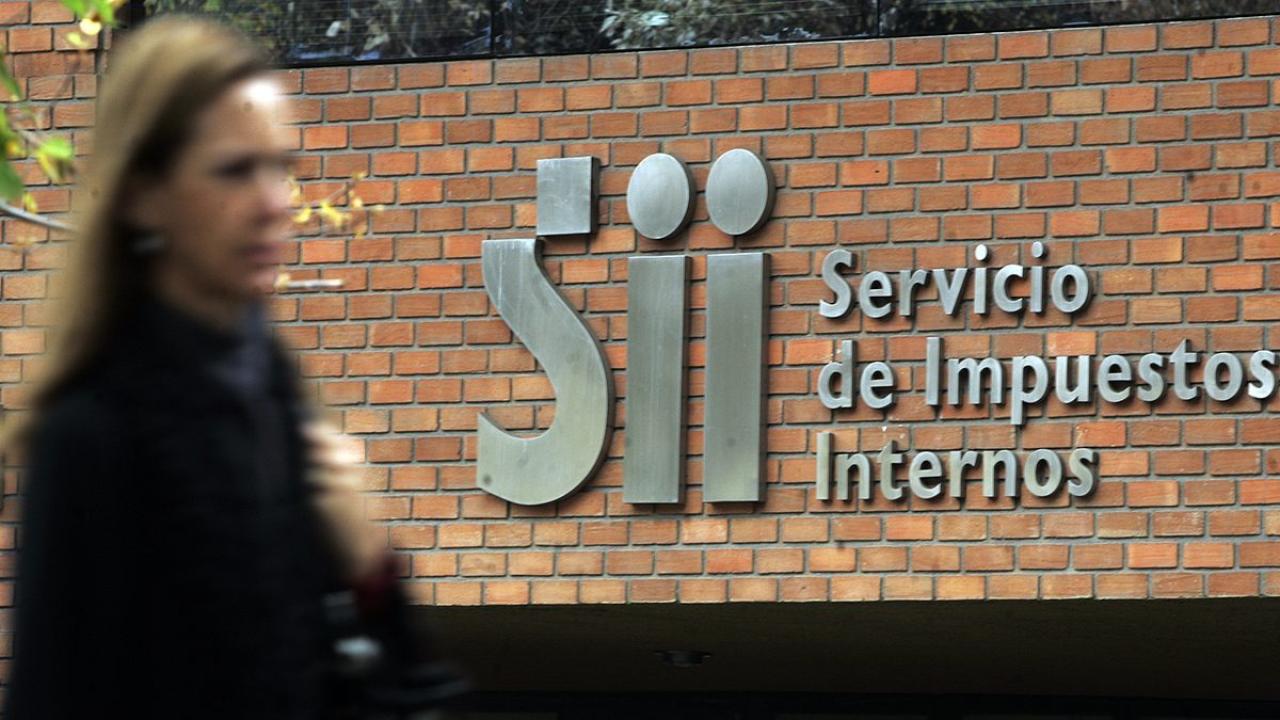
The Internal Revenue Service (SII) of the southern country updated an affidavit that encourages compliance with fiscal sustainability standards, as well as tax control frameworks within organizations.
Enforcing taxes is a challenge for Latin American countries, especially those with weak institutions and high levels of informality. This does not mean that those with the best figures should rest on their laurels. A clear example is Chile, a country where the Internal Revenue Service (SII) has updated tax return 1,913 this year through a resolution.
This standard focuses on the global tax characterization and incorporates various consultations on compliance with fiscal sustainability standards, as well as the existence of an internal tax control framework. In other words, the declaration seeks to encourage compliance with tax payments between employees and employers, as well as between the latter and the Chilean State.
To encompass these commitments, the concept of Tax Social Responsibility (TSR) is introduced. This idea involves a set of measures implemented by companies to comply with ethical and transparent principles in their relationship with the tax authority. It should be noted that tax sustainability includes the possibility of obtaining certifications that recognize the good tax practices of companies.
“Under the RST, I not only file my tax return, but I also provide additional tax information to the authority so that it knows that I am doing this correctly. Strictly speaking, this is not a new initiative in Chile. These are international initiatives that some countries have already adopted,” said Ignacio Esnaola, lawyer and partner at the Bruzzone y González law firm for AméricaEconomía .
Esnaola also points out that many of these projects were conceived by international institutions such as the OECD. The latter has encouraged cooperation between taxpayers from different States and the idea that companies should be increasingly transparent in fulfilling their obligations. For example, in communicating information about their income and ownership ties, among other aspects.
HOW TO APPLY TAX SOCIAL RESPONSIBILITY?
On the other hand, the Chilean jurist clarifies that sworn declaration 1,913 is focused on large companies, not on SMEs. It should be noted that in this document, the SII not only evaluates compliance with international standards of good tax practices, but also whether corporations have internal standards, as well as a committee of people in charge of enforcing this manual.
“They ask you if you have people within your institution, they may even be external advisors, who can assure you or help you comply with good tax practices. After that, they ask you if you have risk matrices, if you have the possibility of evaluating them or if there are operations that may have a tax risk. And if you also include them in the financial statements,” explains Esnaola.
The ultimate goal is for companies to develop a work culture that favors the timely payment of taxes. Along the way, employers are expected to include tools such as anonymous reporting channels to report bad tax practices within the institution.
Through these internal measures, the SII hopes that Chilean companies will have more transparent organizations in their relationship with their shareholders, suppliers, consumers and the community in general. In other words, it serves to ensure that people who participate directly or indirectly in the institution know how it contributes to the State based on the income it generates and the activities it carries out.
“Of course, if within the institution you have people responsible for different obligations, no one is going to allow a third party to display inappropriate behavior, because there is someone responsible behind it, especially in tax matters, because a good tax culture has already been developed,” says the lawyer.
Another important point of the RST is the existence of an internal control framework, which informs employers of the various tax obligations in Chilean legislation. Esnaola warns that beyond the annual income tax return, there are monthly income VAT returns. There are also a series of sworn statements that must be signed throughout the year. Likewise, every time there is a change in a company, the company must inform the SII.
WHAT ABOUT SMEs?
Although the sworn declaration 1.913 does not include SMEs in its scope, there is still a question about how small businesses should assume more tax responsibilities. Esnaola points out that since in Chile there is already a large burden on the taxpayer regarding compliance with tax obligations, this will be a challenge for many SMEs to comply with the rules. Companies must invest in auditors, accounting and tax teams, as well as in external advisors, which implies a challenge for smaller economic agents.
“If the Internal Revenue Service comes to audit these companies, there will be the option of admitting that there is no standard of good practices or control frameworks. But probably, that is where the tax authority will ask: Why don't you have it? Because what you declare at the tax level must be in line with what you indicated in your financial statement. So, the biggest challenge for small and large companies with little tax culture will be to have that structure. If they get it, this would allow them to improve their tax compliance standards,” explains Esnaola.









